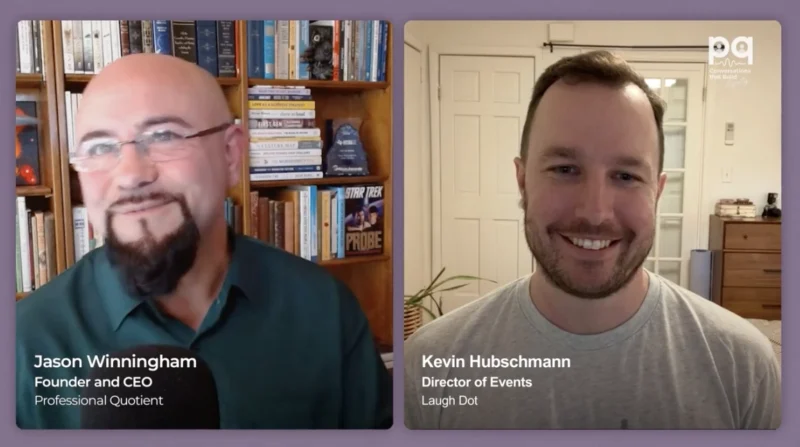How a Collection Partner Helps Utilize Healthcare Offices’ Limited Resources
Debt collection is a challenging aspect of healthcare operations. With a variety of organizations, account recovery isn’t one-size-fits-all, nor is it usually manageable with limited resources.
Healthcare can lean on trusted agency partners to improve collection efforts. With insights on this topic, Closing the Books host Tyler Kern spoke with experts Mary Prendergast, VP of Business Development, and Tony Sowden, Healthcare Client Success Manager, both for IC System.
“During COVID, policies have been more flexible about debt collection,” Prendergast explained. “Now, it’s time to start tightening those internal processes up with an AR or debt collection partner to both save and collect money.”
What’s critical for healthcare organizations to engage with a partner is knowing that the agency will collect in an ethical manner and provide necessary tools like technology.
The entire process of healthcare billing is complex. “Getting to the patient responsibility to bill can be challenging when insurance companies don’t finalize claims or submit an explanation of benefits,” Prendergast said. “Then, you have to determine how long you’ll wait for the money. Working with a partner with a technology platform can help.”
Sowden echoed the need for data tools to streamline everything. “The older accounts are, the more difficult they are to recover. So, being able to get data in a timely fashion matters.”
Not all agencies have integrated technology, so it’s important to look for a partner that’s agnostic and can work with any system, as there are so many in the space.
“Clients have different reporting needs. Our system can work with any file structure and output any file structure. They can also access real-time information regarding an account,” Sowden added.
Follow us on social media for the latest updates in B2B!
Twitter – @MarketScale
Facebook – facebook.com/marketscale
LinkedIn – linkedin.com/company/marketscale




